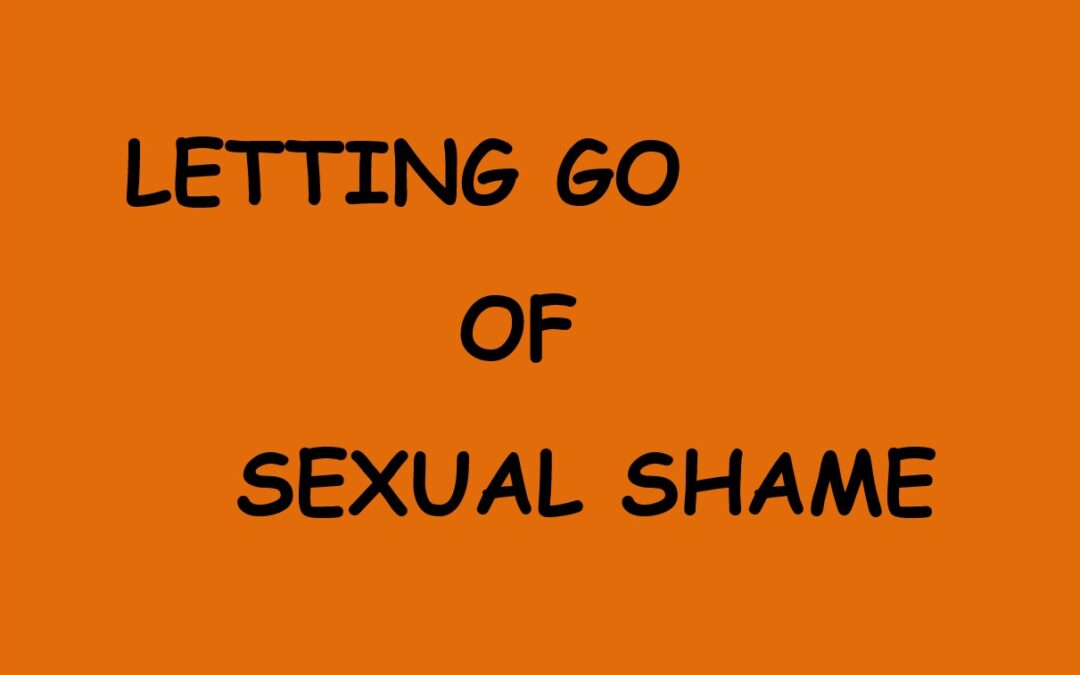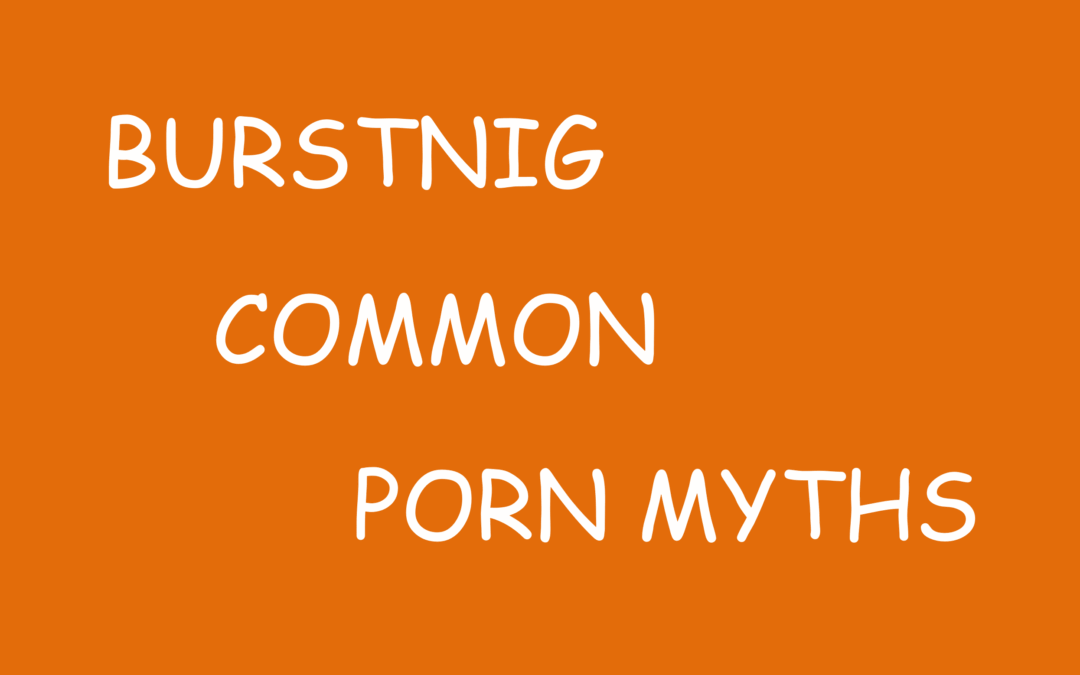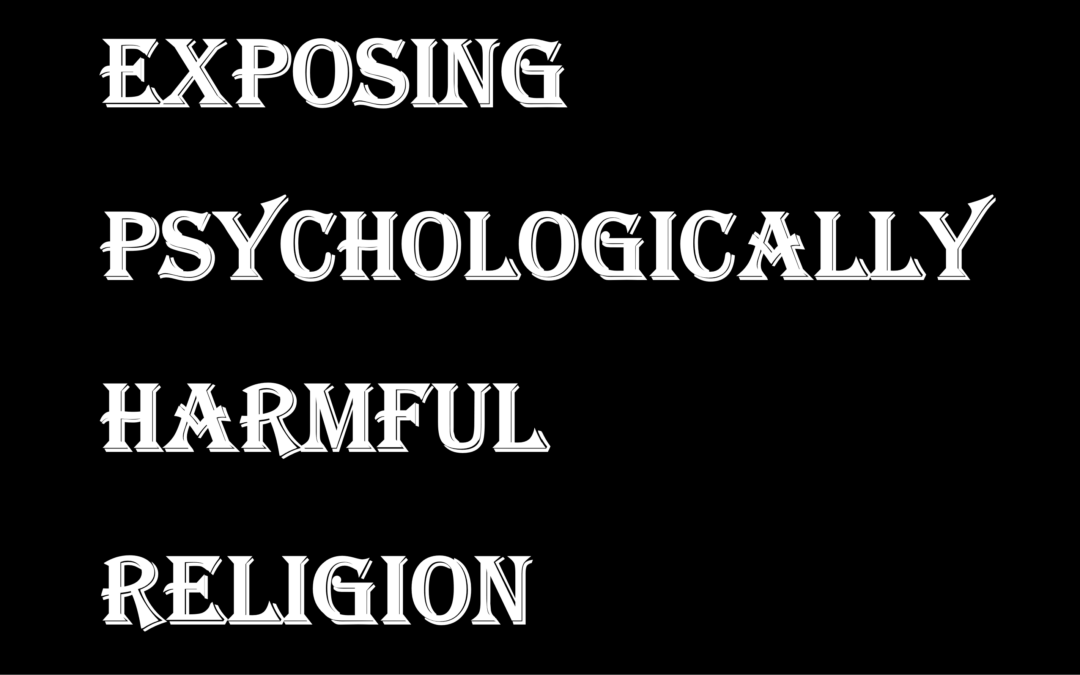
by Rev. Michael Heath | Mar 7, 2019
Despite all of the research and medical science, discomfort about masturbation continues especially among older conservative Christians who view it as immoral and sinful. Indeed , the harsh and threatening lessons regarding masturbation learned in childhood have created deep feelings of shame are hard to shake. Further, the anti-forces and especially the evangelicals and Mormons (who also oppose women’s and LGBTQ rights) are still at work. In recent years there have been anti-masturbation campaigns and political candidates who have who have falsely equated and linked masturbation with serious offenses such sex abuse, human trafficking, and child pornography . Others have warned that masturbating will prevent you from being able to love or to function sexually with your spouse or even … going to Heaven. With a view of history it is easy to see why the guilt and shame surrounding masturbation is unnecessary. Many people live under the false impression that, if they masturbate to an erotic image, they are mentally ill or addicted to pornography. It is indeed liberating for these folks to discover that masturbation is normal and that it does not poes a medical risk.
It is also important for people of faith to understand masturbating does not conflict with being a Christian. Just like with other social issues, Christianity is split. The harsh and intolerant views regarding masturbation express only the views of fundamentalist thought and not the only or even main outlook of Christianity .

by Rev. Michael Heath | Nov 3, 2023
Shame is one of the most common and destructive of all human emotions. Further, I can say, without reservation or qualification, that shame is a completely useless experience. One of my goals as a therapist is to help eliminate shame whenever I encounter it.
Sadly, many folks misunderstand what shame is. Even dictionaries confuse it with guilt Shame Definition & Meaning – Merriam-Webster. To be clear, guilt is what we feel when we do something that we know is wrong. Guilt refers to feelings of regret over having done something that violates our sense of morality or ethics. Guilt is something that you can do something about to make amends.
I disagree with Webster. Shame does not stem from behavior. I believe that the sense of shame that a person feels stems from an underlying lack of self-worth. It is the comprehensive feeling of self-condemnation for who one is. Shame is an irrational, pervasive, and negative sense of self that falsely seems hopeless and unchangeable.
Another important thing to know is that shame is learned. People have a natural sense of embarrassment but not shame. Shame is the consequence of abuse, be it physical, emotional or verbal.
With these thoughts in mind, I want to focus today on sexual shame: where it comes from, how to get rid of it and how not to shame others.

by Rev. Michael Heath | Jul 15, 2023
Recently, I have noticed a significant up-tick in the numbers of clients contacting me who erroneously feared that they had a pornography addiction. After a careful examination, it was clear that, while they had been suffering from misinformation, they did not have an addiction.
It needs to be understood from the outset that even though “pornography addiction” is a popularly used term, I do not find it a help way to conceptualize the problem nor is it listed in the DSM5 as a disorder. Religious or moralistic discussions often denounce problematic masturbation and porn viewing as immoral or a lack of self-control without understanding of its psychological origins.
Although pornography is part of the problem with which these men struggle , it rarely was not the root. Prior childhood trama, religiously induced guilt and shame about sex and marital dischord are common underlying culprits.
The last time I wrote on this subject was four years agao. A Reasonable Approach for Discussing Masturbation and Pornography: Part 1 | Pastoral Counseling Syracuse NY (revmichaelheath.com) . Given that misunderstanding has not declinced, I wish to debunk some of the most common myths about pornography.
A recent article in Slate on-line provides an excellent segue for this discussion. What NoFap does to your brain: Why so many people who abstain from masturbation end up suicidal. (slate.com) Although it’s focus is on a particular anti-masturbation effort, NoFap, it provides a goosd summary of the major false notions about pornography.

by Rev. Michael Heath | Dec 1, 2022
Recently, I wrote about the problem of false guilt and shame which can interfere with a person’s ability to think clearly and relate rationally to others. False Guilt and Shame | Pastoral Counseling Syracuse NY (revmichaelheath.com)
Today I want to talk about shame and guilt about sex and the major source of these destructive feelings, i.e. traditional religious teachings about sex and pleasure. Over the centuries, traditional Roman Catholic and Protestant doctrines have caused of a lot of needless stress. And, as hard as it is to believe, they continue to be a source of pain for many.
From a psychological point of view, traditional Christian beliefs viewed normal sexual feelings to be in conflict with God’s law and, therefore, sinful. Thus, lacking positive teachings about sex, natural desires evoked feelings of sinfulness and even self-hatred.
Those who suffer with this conflict need to know that this antipathy was not always the case. It is important to understand the evolution of Christian thought and how the delights of sex found in Song of Solomon were squelched and replaced with negative views.
While complex, two major developments are largely responsible for this change: 1) apocalyptic expectations. and 2) The disappointment of those expectations experienced by the delay of the Jesus’ 2nd coming (the Parousia). Let me explain,

by Rev. Michael Heath | Oct 30, 2022
Few would disagree that omnipresent internet pornography harms children and poses a difficult challenge for parents. That said, many who oppose it don’t understand the real damage that it does. Worse, many of the common approaches exacerbate the problem or interfere with open communication .
Although internet porn has been around for over twenty-five years, we are now just beginning to understand how it impacts a child’s social and psychological development. To be clear, internet porn is more difficult to deal with than pornography from an earlier era. The Impact of Internet Pornography on Adolescents: A Review of the Research: Sexual Addiction & Compulsivity: Vol 19, No 1-2 (tandfonline.com)
In response, I want to examine the problem and provide some help for parents. Specifically, I want to:
— Explain why internet pornography is different from earlier X-rated materials.
— Dispel some common myths about pornography.
— Clarify how internet pornography is harmful for young children and teens.
— Debunk popular approaches to dealing with porn which do not work. and
— Offer a rational approach for teaching children about porn on the internet.

by Rev. Michael Heath | Jul 2, 2022
Sex toys ? Why would a pastoral counselor want to talk about sex toys ? Perhaps providing some context would help.
Being Sex Positive
An important theme throughout my career has been to allay the false guilt and shame engendered by religion and our sexist culture. My goal has been, and continues to be, to promote positive attitudes about sex. That is, as young folks say, to be sex-positive.
Religious and Cultural Bias
First, it needs to be understood that being sex-positive flies in the face of thousands of years of religious and cultural bias.
To be sex-positive, one must feel free to have sex just for its pleasure. While this view may seem obvious, for many, it’s not. For many, especially older folks, enjoying sex is complicated. A cloud hangs over the notion that sex can be enjoyed just for fun. Hedonistic enjoyment is suspect and guilt ridden. That’s because religion has often portrayed sex in a quasi-sacred way that confusingly combines erotic experience with the spiritual mystery of procreation.
Indeed, traditional religious beliefs have negatively influenced our culture’s attitudes toward sex. Condemning normal practices like masturbation as sinful has created unnecessary guilt and shame for older generations. masturbation | Pastoral Counseling Syracuse NY (revmichaelheath.com)
Pernicious Myths Ignore Single People and Older Adults
The indisputable fact is that conservative Christianity is and always has been uncomfortable with sex. (See St. Augustine) It sees it primarily as the means for procreation. (See Thomas Acquinas) In doing so it refuses to acknowledge the legitimacy of sex simply for pleasure or outside of the bonds of marriage.
As a result, the church’s outlook toward sex ignores and fails all single folks and seniors who are beyond child-bearing years. Further, through its silence, the church implicitly promotes false notions about sex and aging.
For example: we are led to believe that sexual interest wanes with age and becomes less and less important the older you get. In fact, barring serious medical limitations, interest and enjoyment of sex is a lifelong entitlement which actually can increase over the years.
That said, aging does change certain things about the way folks can have sex. The loss of flexibility or increased discomfort may require that some things be done differently. Unfortunately, this general discomfort with sex prevents many couples from even talking about sex much less exploring new, more adaptive and exciting sexual possibilities.
What about Sex Toys ?
All of this brings us to sex toys and a recent article in Slate online.

by Rev. Michael Heath | Jun 15, 2021
It’s almost Father’s Day but, in addition to dads, men are also husbands. And since there isn’t a “husbands” day … there is a serious problem that needs to be addressed that does not receive enough attention, viz., men’s lack of sexual desire for their wives .
Although many believe that men are more interested in sex than their women, it has been my clinical experience for some time that this is not true . In fact, the number of men who are not having sex with their wives seems to be increasing. Hope and Understanding for Sexless Marriages. (revmichaelheath.com)
The truth is, unfortunately, that there is no simple answer as to why men don’t want to have sex with their wives. There are, however, several different reasons why passion may left the relationship. (Since each situation is different and because there are so many different causes, each couple could benefit from discussing their particulars with an experienced professional .) Nonetheless, in general, here are some of the most common causes men don’t want sex with their wives.

by Rev. Michael Heath | Mar 23, 2021
Many times the role of a pastoral counselor is to point out and lift up spiritual concerns hidden by cultural or psychological trappings. At other times, it is to call to task errors and abuses of religion which have gone astray and become abusive of mental health or to help those who have suffered abuse from harmful religious practices or clergy misconduct to heal. The latter is the nature of our discussion today.
The recent murder of Asian women in Atlanta has brought attention to the growing number of attacks against Asian-Americans. There is another aspect of this slaughter, however, which must not be overlooked : the harmful influence of the alleged shooter’s religion. More specifically, I believe that the conservative church’s teachings about sex and women played a significant part in the murderer’s enraged emotional state . The church’s ignorant and outdated attitudes about…

by Rev. Michael Heath | Oct 17, 2020
October is World Mental Health Month and, as such, I want to address what I regard as a neglected but, nonetheless, a significant obstacle to emotional wellness and overall mental health: erroneous guilt and shame associated with sex.
As a pastoral counselor who has helped folks deal with a wide variety of emotional issues and conflicts over the years, I have witnessed many individuals and couples with this problem. While there are multiple factors which have created this difficult experience, it is indeed ironic that traditional church attitudes and teachings about sex are largely responsible for so much of the unnecessary guilt and emotional pain experienced by so many , especially by Christian believers. To be clear, I believe that much of the problem stems from Christianity’s fundamental discomfort with and ignorance about sex.
Despite the many decades of progress made by our society in the areas of human rights and social justice, our cultural and especially religious attitudes about sex have remained mired in myth and false ideas. It is amazing to me to realize how many folks are influenced by archaic views about sex and are tormented because of them.
Frankly, the way many clerics ignore science and pervert biblical teachings about sex constitutes theological or spiritual malpractice . The extent to which they have condemned as sinful, normal sexual feelings and practices is nothing less than abusive and ethically reprehensible. Instead uplifting and promoting joy, understanding and love, many of the damning attitudes and scowling views have caused spiritual conflict and resulted in personal self-hatred and relational strife.
Fortunately, the damage done by such beliefs is not permanent and can be undone with combination of accurate information and supportive therapy. Today I want to review with you three of the most common , destructive and egregious errors found in traditional church teachings about sex:
________________________

by Rev. Michael Heath | Oct 1, 2020
Okay, let’s start with a little Rorschach test. What is the first thing that comes to mind when you hear the words sex and religion ? Not so good. Certainly not like cookies and milk. They just don’t go together very well.
From its inception, Christianity has never been comfortable with the topic of sex. It is important to remember that, when Christianity arose, Roman culture ‘s decadence was at its worst. It is understandable but unfortunate, that to escape its licentiousness, the early church fathers were unable to understand the spiritual aspects of human sexuality and totally separated it from faithful devotion.
Perhaps Christianity’s failure to integrate sexuality into its theology and deal with it realistically was due in part to its expectation of Christ’s imminent return. From that point of view, things concerning the body would be of little concern. However, St. Paul’s discomfort with sex seems to go beyond that. His writings about sex and women are suspect and reveal that he was not actually comfortable with sex at all. For example, he preferred celibacy and only recommended marriage as a way to prevent sexual immorality and deal with sexual desire. (1Cor 7)
For whatever reason, subsequent leaders of the church were never able to fully embrace sexuality in a healthy way. As comedian George Carlin once quipped, the sacrament of marriage was never really able to transform something which was regarded as “dirty” or disgusting into something divine. Sex was largely appreciated for being a means to the end of creating children. (Thomas Aquinas) Little effort was spent extolling the sheer joy of the experience. Worse, church doctrine tended to take natural human curiosity and interest about sex and normal physiological impulses like masturbation, and turn them into mortal sins e.g. having impure thoughts or self-abuse. Indeed, throughout its history, the church has elevated celibacy and sexual purity as the most virtuous and godly state.
I reflect on Christianity’s negative bias against sex in the past because, I, as a pastoral counselor , see the pain caused by religiously induced guilt and shame over sex. Today, the omnipresence of sex in our culture (in advertising and through internet pornography) heightens the conflict. Without positive alternatives to offer, the traditional emphasis on sexual purity is psychologically abusive. The conservative messages are abusive because they give the impression that normal sexual impulses are evil or sinful desires.
Instead of helping folks learn to how to morally and responsibility navigate the choppy waters of the sexual environment found in modern life, the emphasis on purity simply preaches avoidance and condemnation. This attitude exposes the fundamental inability of some churches to understand that sex is not the enemy of faith . Likewise, these beliefs are oblivious to the fact that human sexuality is a vital aspect of a spiritually and psychologically healthy person.
Over the years, the physical abuse of children by clergy has been a terrible reality for many people. Beyond the physical abuse, however, it is clear that the guilt and shame created by ignorant and phobic attitudes towards sex and sexual diversity is an even more extensive and pervasive problem which has been often minimized or ignored.









